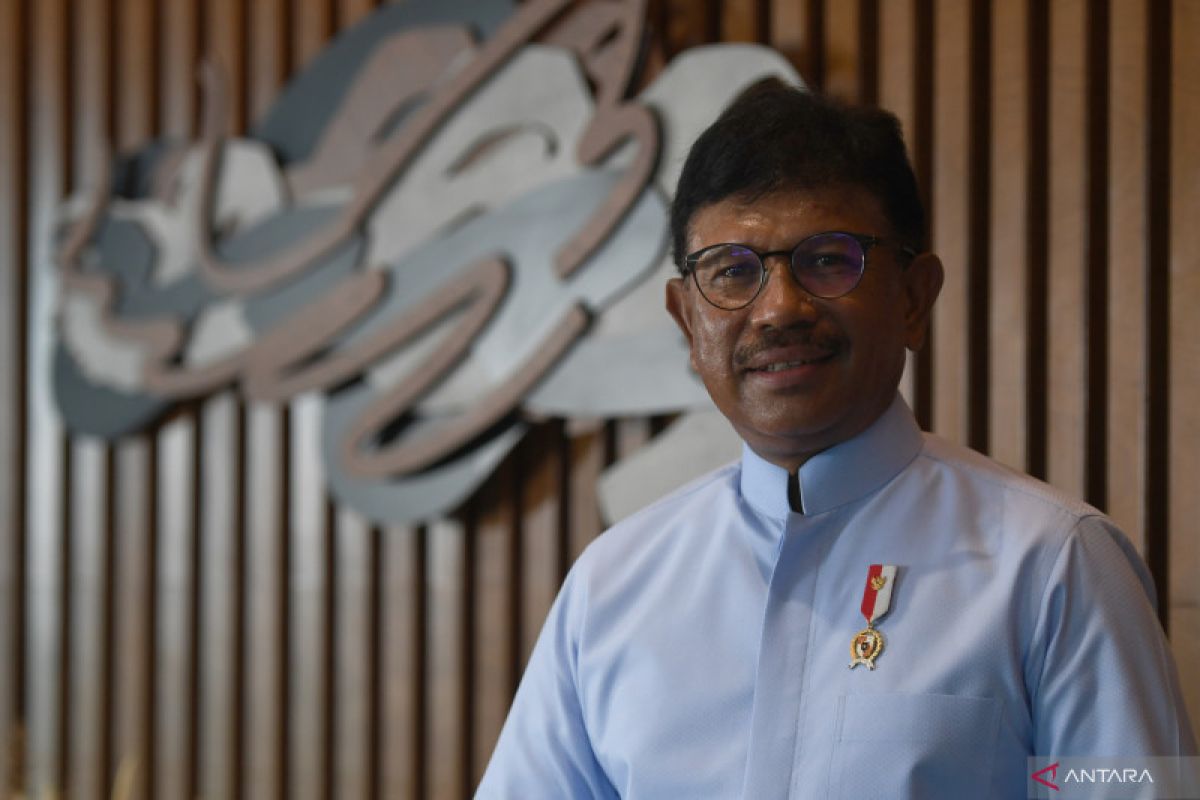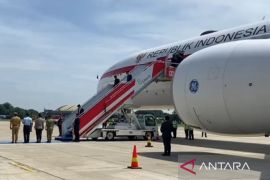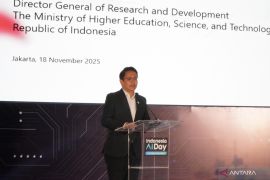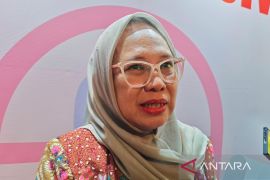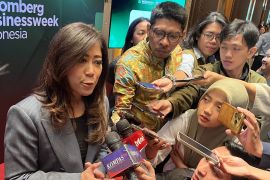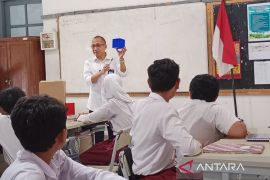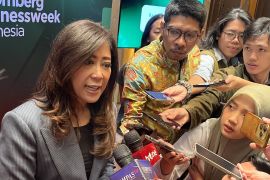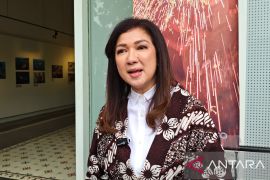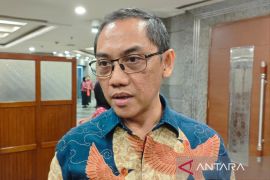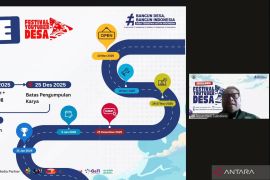Digital economy is extremely related to digital talentsJakarta (ANTARA) - The readiness of human resources in the technology era has become one of the factors supporting digital economy, thereby translating to the fact that skilled digital talents will encourage digital economic growth, Communication and Informatics Minister Johnny G. Plate stated.
"Digital economy is extremely related to digital talents," Minister Plate noted in a special interview with ANTARA, quoted on Wednesday.
Digital economy is supported by at least two important factors: digital infrastructure and digital talents.
To prepare skilled digital talents, Plate's ministry has divided its program into three levels. The basic level comes in the form of digital literacy training through the Digital Literacy National Movement.
By 2021, some 12.5 million people had participated in digital literacy training.
Related news: Digital transformation becomes key to change digital status quo
At the medium level, the ministry prepares Digital Talent Scholarship for high school and university graduates.
For this program, the government cooperates with domestic universities and technology companies to provide training for 200 thousand participants each year.
At the expert level, the ministry has the Digital Leadership Academy for digital policy makers both in the public and private sector. Every year, the ministry opens 300 to 500 positions.
Moreover, the ministry plans to showcase Indonesia's digital literacy agenda during this year's Indonesia G20 Presidency.
In terms of infrastructure, the Indonesian government is vigorously developing information and communication technology infrastructure in an equitable manner across Indonesia.
Related news: Ministry invites stakeholders to develop global data management
The ministry has a program that rolls out optic fiber cable, both on land and sea, such as the Palapa Ring network. Meanwhile, for regions unreachable by cable, the ministry is preparing large-capacity multifunction satellite.
Currently, the government is constructing the SATRIA-1 satellite and reserve satellite, each with a capacity of 150 Gbps.
These will be utilized to provide internet access at 150 thousand locations, such as schools, village offices, police stations, and health service facilities.
The development of this Information and Communication Technology (ICT) infrastructure will be felt by the people once digital talents can utilize the technology.
"The developed infrastructure should be utilized at the downstream level. Digital space downstreaming is very dependent on the readiness of digital talents," the minister noted.
Related news: G20 member states to promote upskilling in tourism industry
Related news: G20 TWG encourages equal work share for women
Translator: Natisha A, Fadhli Ruhman
Editor: Fardah Assegaf
Copyright © ANTARA 2022
